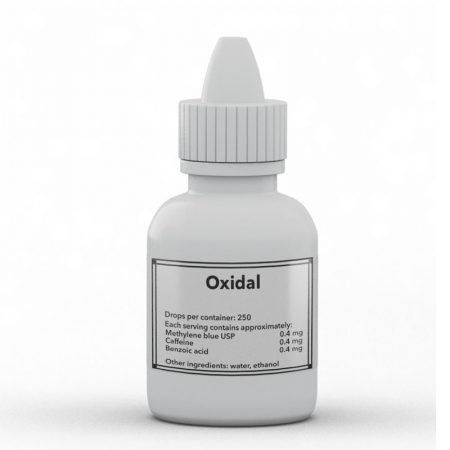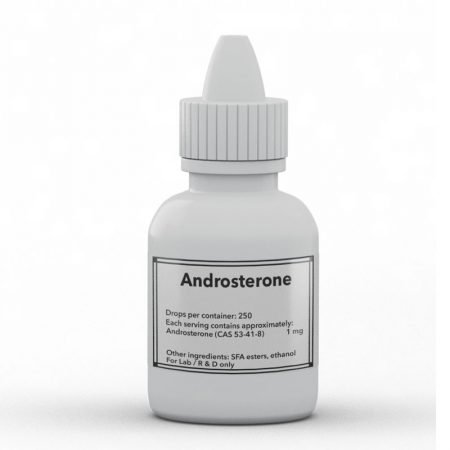В един от последните си бюлетини, както и в няколко интервюта за KMUD, Пийт споменава, че последиците от ГМО храните и другите токсини в околната среда няма да бъдат видими веднага. Всъщност ще отнеме няколко поколения, за да се проявят, и към третото, четвъртото, петото поколение ще започнем да наблюдаваме неща като стерилитет, рак, невродегенеративни заболявания, ССЗ и др. Няколко други проучвания, които не разглеждат конкретно патологични промени, а просто цялостното трансгенерационно въздействие на епигенетичните промени, установяват, че тези ефекти могат да се предават през поне 14 поколения.
https://science.sciencemag.org/content/356/6335/320
https://phys.org/news/2017-04-environmental-memories.html
В потвърждение на гореизложеното сега ново проучване разглежда конкретно способността на ендокринните разрушители да причиняват аутизъм (нещо, което здравните власти категорично отричат). Установено е, че добре познатият разрушител BPA, получен от пластмаса, е способен да причини аутизъм при мишки 3-4 поколения след излагането на определено поколение бременни мишки. За тези, които не знаят, BPA е известен мощен агонист на естрогенните рецептори, антагонист на андрогенните рецептори и антагонист на рецепторите на щитовидната жлеза. Една от най-лошите възможни комбинации от ефекти.
“…Transgenerational bisphenol A (BPA) exposure may contribute to autism, according to a mouse study published in the Endocrine Society’s journal Endocrinology. Endocrine disrupting chemicals (EDCs) are chemicals or mixtures of chemicals that interfere with the way the body’s hormones work. BPA is a common EDC used in plastics and food storage material, and it is already present in most humans’ urine or blood. Animal studies have linked BPA to anxiety, aggression, and poor learning and social interactions. Studies of human populations report associations between BPA and neurobehavioral issues like attention deficit hyperactivity disorder and autism.
“Exposure of mouse fetuses to BPA disrupts formation of nerve cell connections in the brain, and this is a transgenerational effect,” said the study’s senior author, Emilie F. Rissman, Ph.D., of University of Virginia School of Medicine in Charlottesville, Va. and North Carolina State University in Raleigh, N.C. “To put this in human terms, if your great grandmother was exposed to BPA during her pregnancy and none of your other relatives ever came into contact with BPA, your brain would still show these effects.” In this mouse study, researchers tested mice descended from those exposed to BPA for social recognition and found that they showed a social behavioral deficient like autistic behavior. Mice whose great grandmothers were exposed to BPA during pregnancy were more active and took longer to habituate to strangers than other mice. More strikingly, they didn’t explore the new mice that were introduced to the group. Mice are very social and curious, so this is an exciting finding. “Even if we ban all BPA right now, that will not change these long-term effects on the brain,” Rissman said.”
- Хидроксиапатит в оралната грижа: Преглед на ползите, механизма и сравнение с флуорида
- Колко пресни портокала са ви необходими, за да изчистите черния си дроб от мазнини?
- Хроничният стрес понижава допамина и причинява психични заболявания
- Естрогенът и кортизолът, а не андрогените, потискат имунитета
- Инхибирането на ароматазата (за намаляване на естрогена) може да доведе до лечение на рак на стомаха.











